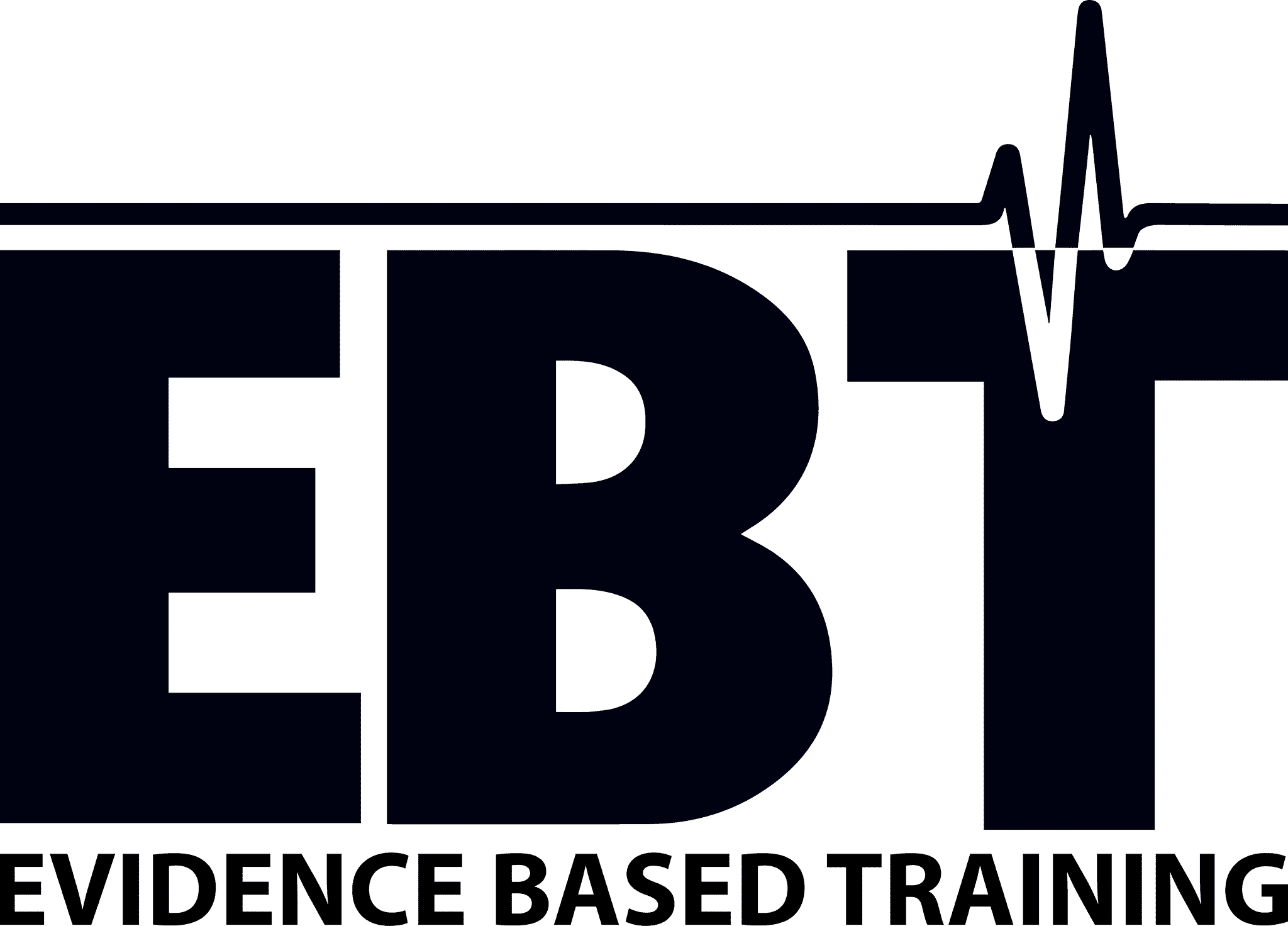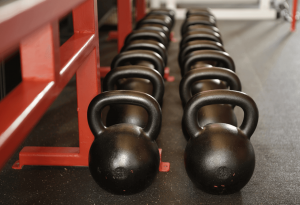Not all reps are created equal! The theory of “effective reps” presented by Dr Carl Juneau suggests that reps closer to failure are better for building muscle. This means that the “challenging” part of the set is where the magic happens. Here’s an interesting study that supports the theory.
26 students were assigned to a workout program where they their did straight sets of 10 reps, or took at 30 second break mid-set. This second group didn’t train close to failure, but weight and volume were the same between groups. All study participants rested 60 sec between sets and did lat pulldowns, shoulder press and bilateral knee extensions, twice weekly for 12 weeks.
The close-to-failure group built almost three times as much muscle (13% vs 4% CSA on MRI) and also gained more strength (1RM, maximum isometric and isokinetic strength) compared to the group that didn’t train close to failure. Leg muscle endurance in also benefited from close-to-failure training.
What explains the benefit? Metabolic stress. More “junk” chemicals are created in the muscle when training close to failure, possibly stimulating muscle growth. The close-to-failure group did have higher short-term lactate, growth hormone (GH), norepinephrine (NE) levels – all thought to help muscle growth. Resting hormone levels, however, did NOT change for either group.
So if your goal is to put on muscle, you should train close to failure. Avoid going all the way TO failure though, since the extra muscle damage will keep you from recovering in time for your next workout.
Dr Carl Juneau has put together a smart app which uses A.I. to create workout programs to maximize effective reps and muscle growth. We’ve personally helped improve this app and now we use it ourselves. It has really made our workouts rewarding and helped us manage fatigue.
- Build muscle faster with artificial science. Get your first month free, and 20% off future months using the EBT promotion.

THE EVIDENCE:
Goto et al. The impact of metabolic stress on hormonal responses and muscular adaptations. Med Sci Sports Exerc. 2005;37(6):955-63.









